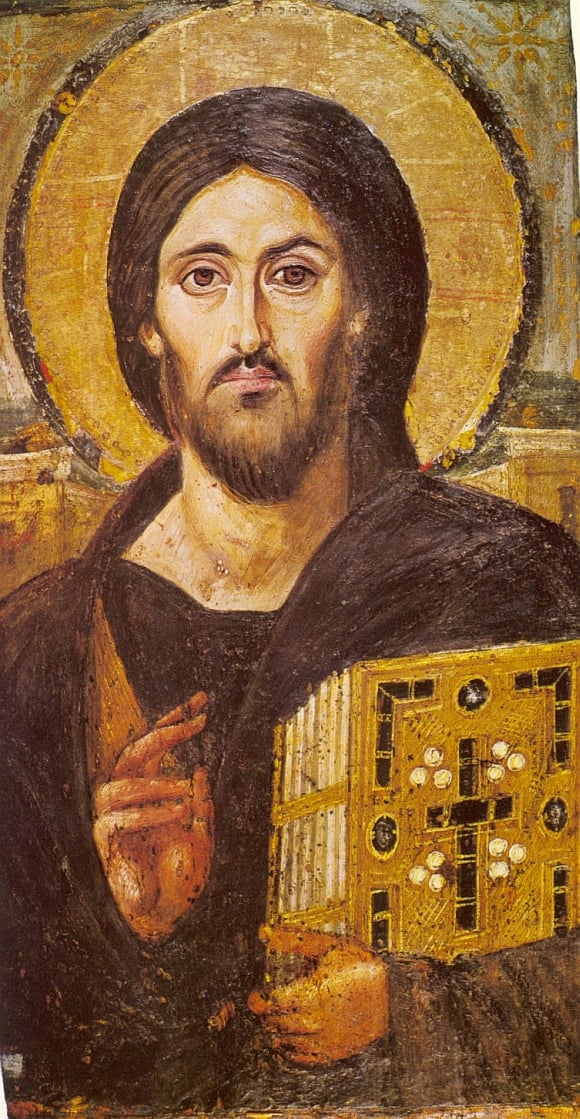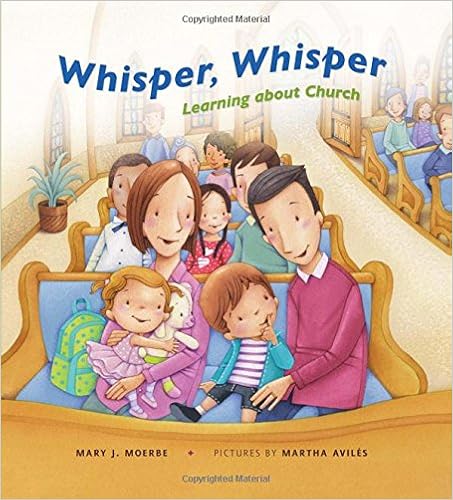 How comfortable we have become with the language of evangelicalism! Why even staid, dry, dull, old Lutheran folk talk about giving their hearts to Jesus. But we are not always sure why Jesus wants our hearts or what it all means. Do we give them to Jesus because they are precious and pure or do we give them to Jesus because they stinking cesspools of death and decay that need to be made clean? Do we give them to Jesus because He wants them or because we can't stand to live with them any longer?
How comfortable we have become with the language of evangelicalism! Why even staid, dry, dull, old Lutheran folk talk about giving their hearts to Jesus. But we are not always sure why Jesus wants our hearts or what it all means. Do we give them to Jesus because they are precious and pure or do we give them to Jesus because they stinking cesspools of death and decay that need to be made clean? Do we give them to Jesus because He wants them or because we can't stand to live with them any longer?Jesus answers the question for us. Our hearts are worthless – filled with the stench of sin and the stink of death. We want to believe that down deep we are better inside than we are on the outside but it is just the opposite. We clean up nice on the outside but terrible sin lurks in our hearts. We are worse than we look. And unless our hearts are daily killed by repentance and faith, they will kill us – just like gangrenous limps will kill the whole body unless they are cut off, removed, and destroyed.
What does Jesus say? Out of the heart of man comes all kinds of evil. Not hidden goodness, but hidden evil. Evil thoughts to infect the mind, sexual immorality to turn love into something cheap and tawdry, deceit where truth ought to live... Lying lips that should speak praise, killing words and actions, hearts that love pleasure at all costs, enviousness that the fire of jealousy hot within us, wickedness that shames us, vulgar speech whose words make life cheap and nasty, gossip that delights in other's hurts, pride that refuses to admit sin, foolishness that parades as arrogance... did Jesus miss anything?
Nope, we do not need to be taught how to sin. It comes naturally to us. So we confess that we are by nature sinful and unclean. But righteousness, well that we have to be taught and goodness and holiness. These we do not know unless and until the Holy Spirit instructs us with the goal of the law.
So give your hearts to Jesus people. And He will take them – right to the cross. He will take your hearts and kill them. He cannot rehabilitate them. They are too far gone. They must be killed. Drowned just like Mitchell in the baptism this morning. But it does not end there. No, the mercy of God is too wonderful for that. It is not just about death but about new life.
He will give you new hearts, created in Christ Jesus for new life and good works. He will create in you a willing spirit and restore to you the joy of your salvation. He will bring forth a new person from the baptismal water – a child of God who is not alone to face the last gasps of sin's death in us. Christ raises you up covered with His blood that cleanses you from all sin.
Do not give your hearts to Jesus because they are good or decent or noble or valuable. Give your hearts to Jesus so that He can destroy those wretched, stinking, decaying, fountains of sin and create in you a new heart, clean and pure, created in Christ Jesus for good works. One that will delight in the Law of God and love what the Lord loves.
Today we drop all pretenses and presumption of righteousness. God knows the score. We are the ones in the dark. He sent His Son to die for you even though this heart of death is what He saw in you. He loved us when we were unlovable. He claimed the sin in us and made us new to live new lives in Him. This is why we cannot stand our sin and why we refuse to walk in the ways of sin any longer. This is why we cry out for new and clean hearts. This is why we endeavor as St. Paul urges us to walk worthy of our calling, to live sober, upright and holy lives, and to be the people we claim we are with our words. This is why the Lord arms us with His armor so that we may not be weak or the victims of sin’s temptation any longer.
The romance of the heart beckons us but we have the truth. We know that when a man and woman stand before the Lord they must do more than pledge their hearts to one another – they must pledge their wills, their strength, their commitment, and their resolve when their hearts are no longer in it. For the heart that leads husband and wife to love each other can easily discard this love on a whim. No, just as husband and wife need more than romance, so do Christians need more than the romance of hearts for Jesus. We need a God who loves us as sinners but refuses to leave us there, a Savior who pays the whole cost of our redemption, and a Spirit who makes us new, to love and desire God and His goodness.
As King David once prayed when his heart of sin became his undoing, so does our prayer remains: Have mercy on me, blot out my transgressions, wash me thoroughly from my iniquity, cleanse me from my sin, hide Your face from my sin, blot out all my iniquities, create in me a clean heart, renew a right spirit within me, restore to me the joy of Your salvation, uphold me with Your free Spirit, deliver me from my blood guiltiness, do good in Your good pleasure to Your people, O Lord, and my mouth shall show forth Your praise. Amen.

















